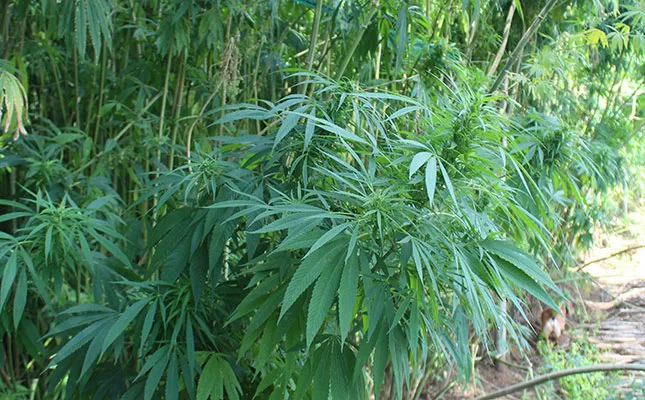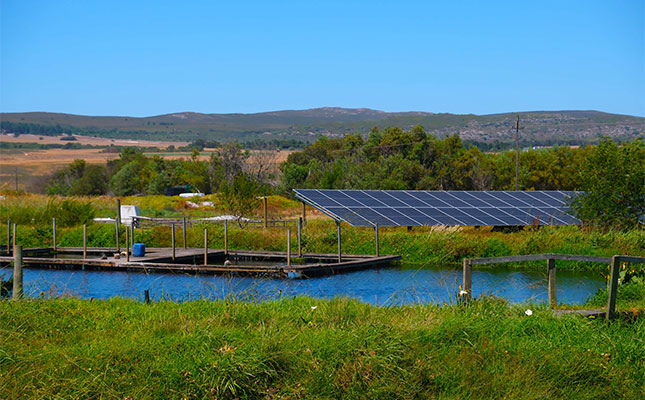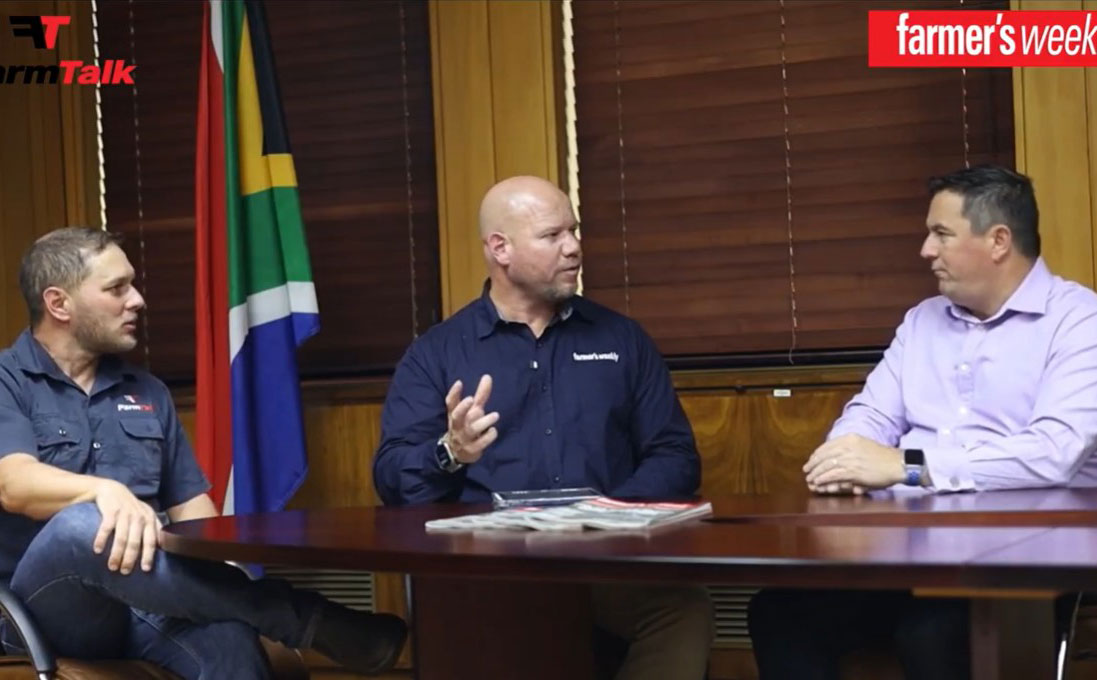
In a webinar hosted by the Mpumalanga Green Cluster Agency (MGCA) in September, the agency’s representative Jan Alberts said hemp farmers had faced various challenges since the inception of commercial hemp production in South Africa.
Challenges slow hemp production
“A lack of infrastructure, high input costs, and poor seed adaptability have played a role in making commercial-scale farming difficult,” he said, adding that although hemp production in South Africa had a slow start, the industry was now beginning to better understand what was required for growth.
Dr Siphe Zantsi, an agricultural economist at the Agricultural Research Council (ARC), noted that despite there being more than 1 000 hemp permit holders across the country, only 30% of them were productive.
READ Understanding cannabis and hemp regulations in South Africa
He explained that cultivar registration and trial periods were time-consuming, and limited seed availability for the local market caused an uneven distribution to farmers.
“Additionally, producers battle to receive loans from banks, as financial institutions argue that hemp is not yet a proven crop and poses a higher risk factor,” he added.
As the industry comes to terms with these obstacles, farmers, seed producers, and crop researchers are working towards improving conditions for producers to grow.
Policy support needed for stability
Phivo Artemides, hemp sustainability specialist at Hempo Sapiens, said: “We can learn from other nations that have more developed policies and infrastructure that allow them to have a successful hemp production cycle.”
He highlighted farmers in EU nations who were subsidised for hemp through the Common Agricultural Policy, provided they fulfilled production standards.
According to Artemides, policies of this kind could help South African producers maintain financial stability and support the development of new farmers.
Zantsi added: “We need reliable markets with transparent contractual agreements between producers and buyers.”
Industry role players are making steady progress in research and production, with academic institutions working alongside the ARC to better understand cultivar development and the utilisation of available resources.
An example is Sboniso Magwaza, a PhD candidate at the University of Pretoria, researching hemp irrigation using mine-impacted water in Mpumalanga. He is also involved in research to identify cultivars that are affordable, disease-resistant, suited to South African conditions, and accessible to all farmers.
Get trusted farming news from Farmers Weekly in Google Top Stories.
➕ Add Farmers Weekly to Google ✔ Takes 10 seconds · ✔ Remove anytime









